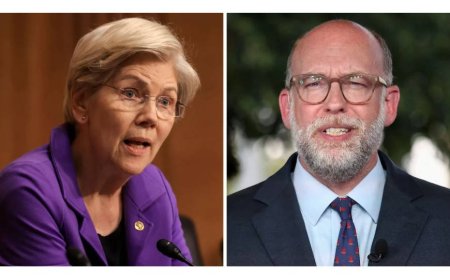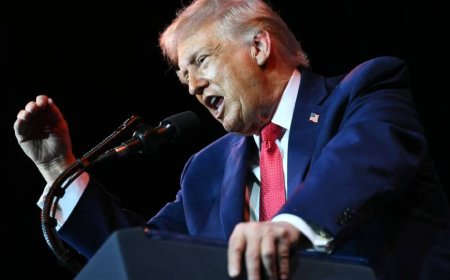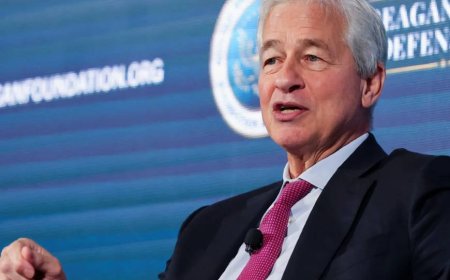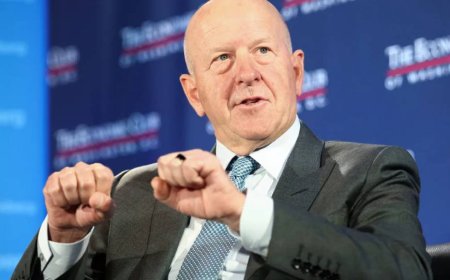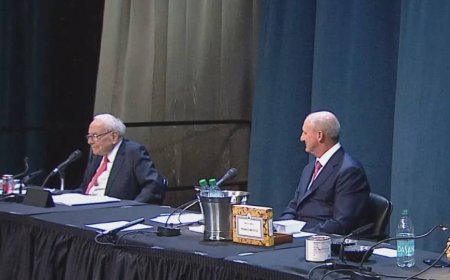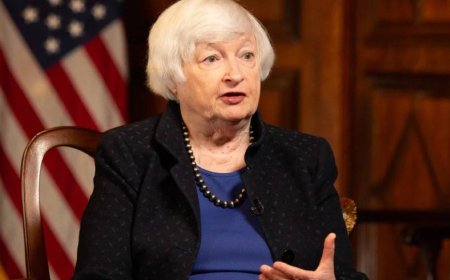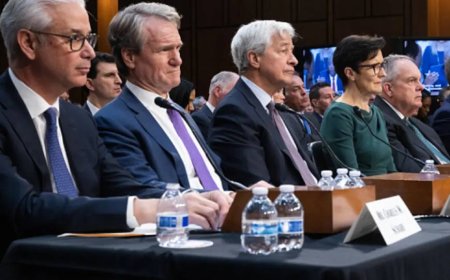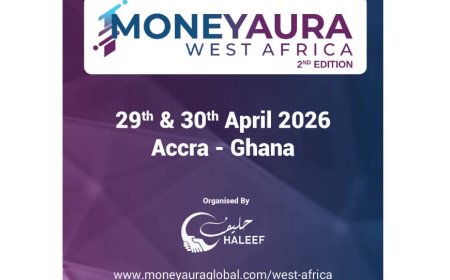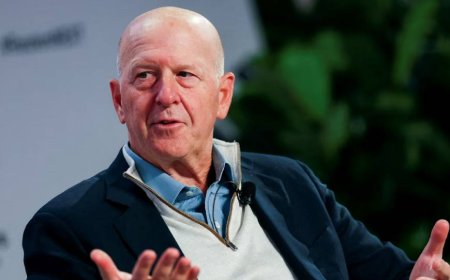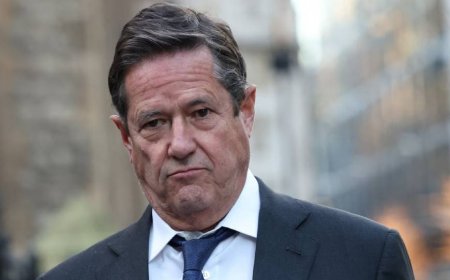‘My target is those who have looted my banks’: Bangladesh’s bank governor chases vanished assets

Despite attempts to discredit him, Ahsan Mansur is determined to trace his targets with the UK’s help
Diminutive and softly spoken, Dr Ahsan Mansur does not project the image of a man able to strike fear into the hearts of hardened kleptocrats.
Yet Bangladesh’s central bank governor has rattled someone powerful, if the events of recent days are anything to go by.
Mansur, 74, has been in London this month, meeting Foreign Office minister Catherine West, NGOs, lawyers and experts in tracing assets.
They have promised to help him track down tens of billions of dollars in funds allegedly stolen from the south Asian country’s banking system under the regime of Sheikh Hasina, the autocrat deposed in last year’s student-led revolution.
In advance of his visit, several MPs were sent emails attempting to discredit Mansur.
It is not clear who is behind the campaign, which one MP termed “disinformation”. But Mansur is in little doubt. “The asset recovery effort … is to go after those people who have diverted massive amounts of resources from Bangladesh and, in particular, from the banking system,” he told the Observer.
“We know the names, we all know the names, and they or their operators are putting it together [the alleged disinformation campaign].
“The sole purpose is to diminish my reputation and show that ‘whatever he says is not what he is’.”
The emails linked to articles written by “journalists” whose names turned out to be fake and whose pictures the Observer found to be stock images. They focused particularly on the expensive clothing and apparent financial comfort of Mansur’s daughter, Mehreen.
If Mansur was investigating the unexplained wealth of Bangladeshis, they suggested, why was his own family excluded? “She is an American citizen, she has little to do with Bangladesh,” he said.
“Why [does] her dress code have to be different from an American? My advisers tell me to ignore it. Or I can quit. But if I quit, they win.”
The most bemusing part was an email sent by one British reputation management firm that accused him of being “prepared to impugn” Tulip Siddiq, the UK’s former City minister and niece of Sheikh Hasina.
Siddiq resigned from the ministerial role, which included oversight of anti-corruption, earlier this year after Dhaka’s anti-corruption commission filed a criminal case against her. She has denied all wrongdoing.
Mansur may be leading Bangladesh’s asset tracking endeavour, but he says he is not involved in the accusations against Siddiq. “I’ve never said anything to do with her situation,” said Mansur. “My primary target is those who have looted my banks.”
London may be the key to that mission. The Trump administration’s decision to gut USAID has choked off one funding stream for the transitional government in Dhaka, as it tries to put the country’s economy on a sound footing.
That leaves the UK as the friendliest major economy, albeit one with a potentially less savoury role to play in hunting Bangladeshi assets.
As investigations by the Guardian, Financial Times and Al Jazeera have shown, some of the allies of the Hasina regime now being investigated for corruption have poured hundreds of millions of pounds into London property.
“It’s one of the favoured destinations for these kleptocrats, not just from Bangladesh but from other countries. It’s a haven, no question about it,” said Mansur.
“How much has been repatriated ever from Britain? Not much.”
But the UK, he says, is very supportive of Bangladesh’s plan to recoup misappropriated assets, a notoriously difficult and time-consuming task.
Experts from the National Crime Agency have flown out to Dhaka to advise investigators there, while private companies are helping too.


